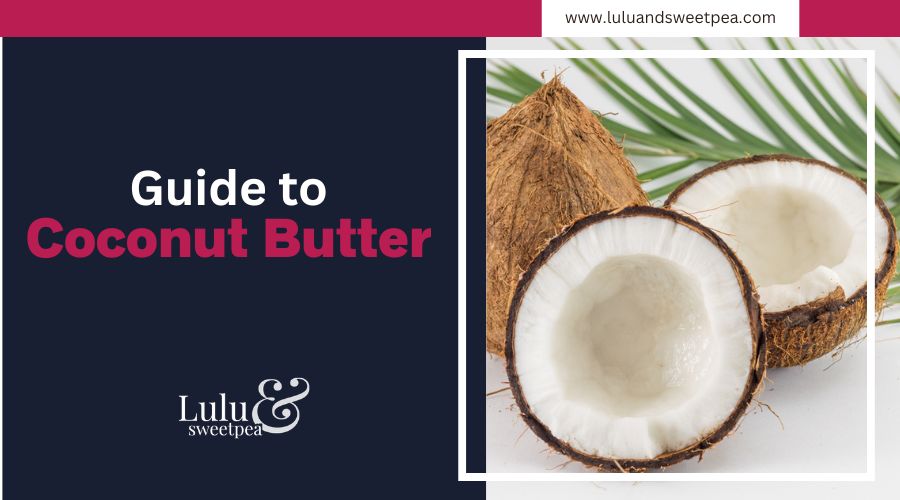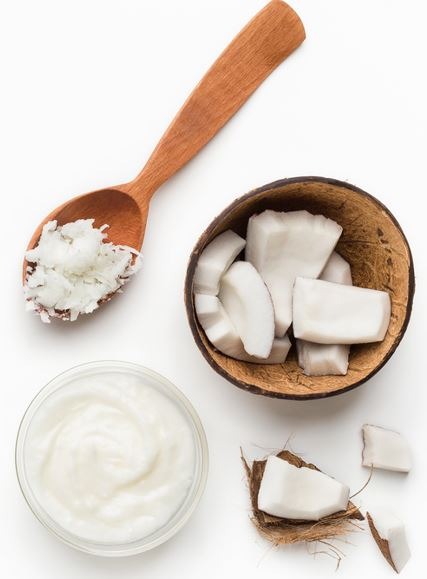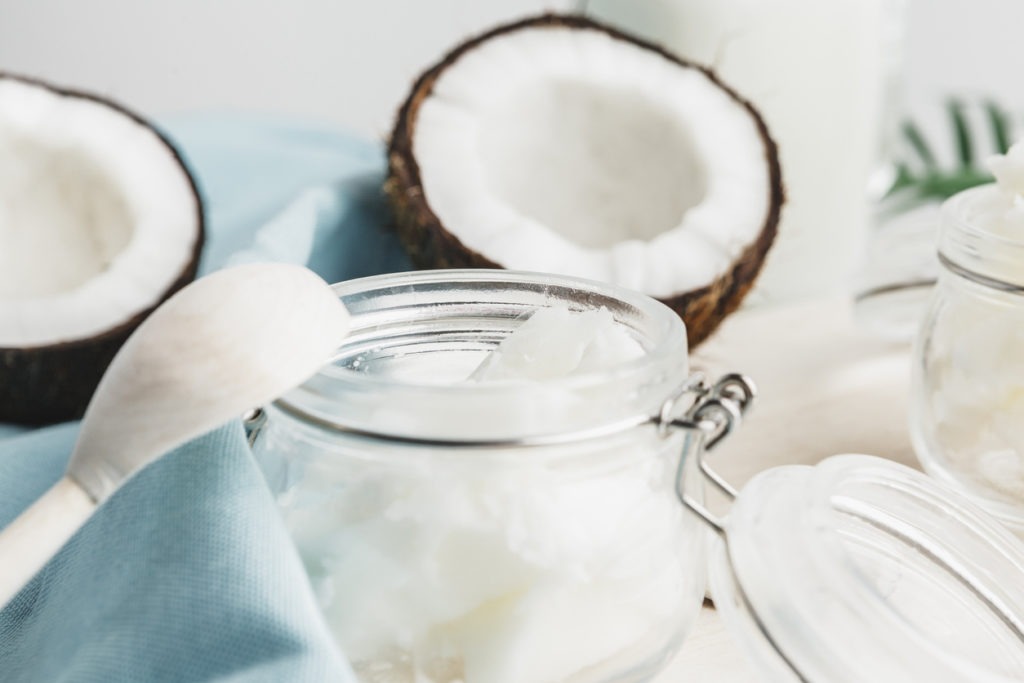Coconut is an edible fruit high in fat and can be eaten fresh or processed. Meanwhile, the liquid of the nut, called coconut water, is made for different types of beverages. Coconut is believed to originate somewhere in Indo-Malaya and is one of the most common crops in tropical countries. Today, coconuts are cultivated worldwide and have become increasingly popular for their flavor, culinary uses, and health benefits.
Among the popular products made of coconut, coconut butter is gaining attention from health experts and consumers due to its numerous health benefits. One is its richness in fiber, as well as iron. Both nutrient contents can boost metabolism and help dietary health plans.
Coconut butter is made from the flesh of the coconut, blended or mashed to become a thick spread. Since coconut meat has vitamins, minerals, and other essential nutrients, coconut butter is an exceptional choice for many.
A single serving of coconut, about one two-inch piece, is worth 159 calories. As long as consumed in moderation, coconut contains high saturated fats, which can still be healthier than other butter types. Additionally, coconut butter contains potassium, iron, and phosphorus.
Benefits of a Coconut Butter
With numerous health and beauty benefits, coconut butter is considered a superfood. It is not as creamy as other butter types, and the texture relies heavily on room temperature. Coconut butter is still a favorite product of many experts.
Coconut butter acts as a natural skin moisturizer. It helps skin elasticity and fights free radicals to maintain a youthful complexion. With its antioxidant properties that are easily absorbed by human skin, coconut butter is a remedy for skin problems. It is rich in triglycerides which act as barriers that lock skin moisture.
Also, coconut butter contains saturated fats, and the higher content of this fat is lauric acid. It is known for lowering bad cholesterol and helpful for body weight loss. Lauric acid in coconut butter helps fight viral infections such as the flu, the common cold, and genital herpes. It can also protect the body from bronchitis and yeast infections.
Lastly, coconut butter may serve the same purpose as coconut oil in treating dry scalp and dandruff. It may even stimulate hair growth. Since coconut butter is high in essential fatty acids, problems with split ends and thinning hair can be treated by this type of butter.
How is Coconut Butter Made?
To make coconut butter, all you need is dried, shredded raw coconut meat. For kitchen tools, you may use a blender or a food processor. Shredded coconut meat is available in grocery stores. Just be careful in choosing coconut meat without added sweeteners.
Add two cups of shredded coconut to your blender or food processor. Let it be processed for 15-20 minutes. Keep in mind to place it in a refrigerator for a few months. Remember that the texture of the coconut butter at room temperature will depend on the area’s climate. It can be liquid, crumbly, or solid. If the cold temperature of a room hardens the butter’s texture, you can warm it up carefully.
Do not heat hardened coconut butter rapidly for microwave users since it can blast your kitchen equipment. Coconut butter can burn quickly. Instead, use gentle heating methods, such as a water bath. All you need is a saucepan and a fresh glass jar.
Transfer the coconut butter to the glass jar and pour water into the saucepan until it is halfway up your container. After, heat it on a lower heating fire. As the water heats up, gradually stir the coconut. When the desired consistency is achieved, remove it from the water bath and enjoy.
Shell Life of Coconut Butter
Coconut butter is naturally stable, depending on the presence or absence of preservatives. Typically, coconut butter lasts for about twelve to fifteen months. The area storage temperature primarily determines the butter’s consistency. When stored in a cooler place, coconut butter likely becomes flaky and hard. But when stored in a warmer place, the texture becomes creamy and soft.
How to Store Coconut Butter?
If you want to store coconut butter and make it last for weeks, keep the butter in a sealed container at room temperature. Cold temperatures may cause the butter to harden or separate into two layers. If this happens, mix the coconut butter and the separated layers well. Moreover, you can also heat the sealed container by submerging it in a microwave or a double boiler. You can also use warm water to melt the butter. If added to warm food, coconut butter will also melt eventually.
Avoid storing coconut butter in a refrigerator, which may cause hardened consistency. You can rather store the coconut butter in a warmer pantry.
Uses of Coconut Butter
The texture of coconut butter is an adaptable ingredient that can be used in many ways. For example, if you melt coconut butter, you can make it into fruit snack toppings. Another is if you like to chill the fruit with coconut butter, it will turn into a solid and crunchy glaze.
You can also make a dip out of coconut butter for vegetable and salad dressings. With its high fiber content, coconut butter is a perfect alternative for syrups such as maple. Since maple syrup is too sweet, you can substitute a small dollop of coconut butter for a hot pancake and enjoy the food without worrying too much about sugar.
Additionally, coconut butter can also serve as an add-on in meat-based stir-fries. You can add a tablespoon for added flavor when the stir-fry is cooked. Keep in mind that butter can burn quickly. Thus, it should not be exposed to high heat, and coconut butter is not an ideal ingredient to be added while cooking.
Coconut butter is also a perfect alternative to peanut butter and dairy butter. Using coconut butter is a better choice for those allergic to peanut butter or lactose intolerant. Instead of using milk or cream, using coconut butter as a sweetener for hot drinks like tea, coffee or cocoa is a healthier preference.
Lastly, you can enjoy a spoonful of coconut butter straight from the container, as it can be consumed for being a delectable product.
Conclusion
Coconut butter is tasty and the best alternative for other types of butter, depending on the users’ preferences. With coconut’s highly nutritional contents, its end-products, such as butter, are an excellent choice for a wide range of health benefits. The key is storing the butter properly because of its temperature sensitivity; next time you visit a grocery store, add coconut butter to your list.


